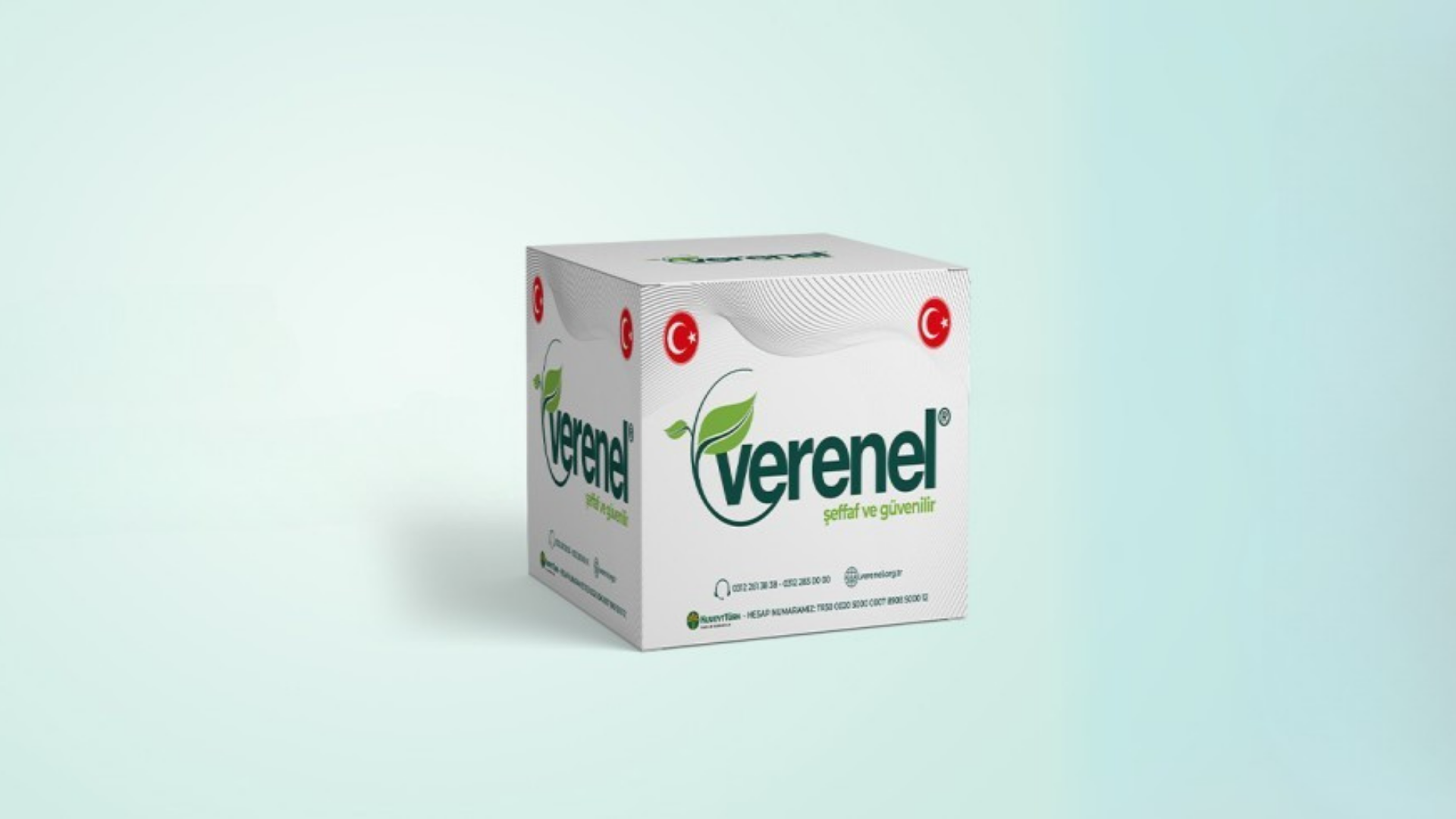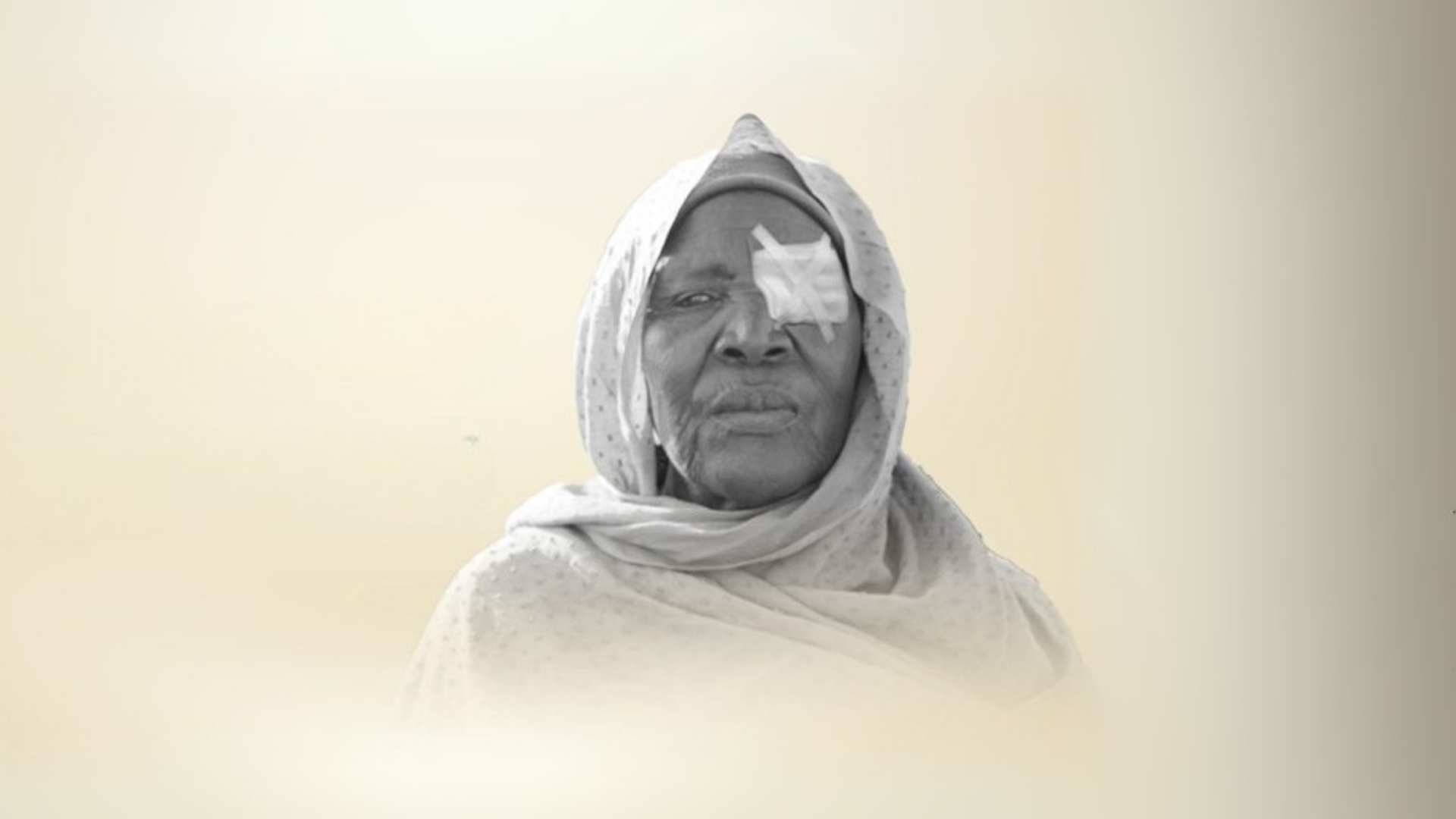
الصيرفة الغذائية
تبرع
المعلومات المفصلة
بفضل لقب "جمعية ذات نفع عام" الذي نحمله، نحرص على أن تكون الأنشطة التي ننفذها ذات نتائج مفيدة للمجتمع. من خلال هذا التطبيق، نساهم في ترسيخ وعي مجتمعي حول منع الهدر، وهو ما يمثل خطوة مهمة نحو تحقيق العدالة الاجتماعية.
ضمن نطاق الصيرفة الغذائية ، وبالأخص في تركيا بالإضافة إلى جغرافيتنا الروحية، يمكننا تلبية الاحتياجات المختلفة لإخوتنا الذين يعيشون فيها، وتحسين الظروف القاسية في فصل الشتاء بالتعاون معًا.
التبرعات التي تُقدم في إطار الصيرفة الغذائية
أولاً: المواد المانحة وطبيعة التبرع
يجب أن تكون التبرعات التي تُقدم في إطار الصيرفة الغذائية من نوع المواد الغذائية أو مواد التنظيف أو الملابس أو الوقود. ويجب أن تُقدم هذه التبرعات بشكل مشروط لتوزيعها مجانًا على المحتاجين.
المنتجات التي لا تتعلق بالمواد الغذائية أو مواد التنظيف أو الملابس أو الوقود لا تُعتبر تبرعات ضمن نطاق الصيرفة الغذائية.
يجب أن تتضمن اللوائح أو الوثائق الأساسية للجمعية أو المؤسسة الخيرية التي ستقبل التبرعات بنودًا تتعلق بتقديم المساعدات للمحتاجين في شكل مواد غذائية أو مواد تنظيف أو ملابس أو وقود. ومع ذلك، فإن قيام الجمعية أو المؤسسة بأنشطة في مجالات أخرى، أو كونها جمعية ذات نفع عام أو مؤسسة خيرية معفاة من الضرائب، ليس له أي أهمية من حيث التطبيق.
ثانيًا: المزايا الضريبية المقدمة للمتبرعين الخاضعين لضرائب الدخل والمؤسسات
1- في حال التبرع بالمواد التجارية (المواد الغذائية، مواد التنظيف، الملابس، والوقود)، يتم تسجيل تكلفة هذه المواد كمصروفات وفقًا للمادة 40 من قانون ضريبة الدخل. يتم ذلك من خلال تسجيل الفاتورة كمصروفات.
2- التبرعات التي تُقدم في إطار الصيرفة الغذائية معفاة من ضريبة القيمة المضافة وفقًا للمادة 17/2-b من القانون رقم 3065. سيقوم الملزمون بضريبة القيمة المضافة بإدراج إجمالي مبلغ التبرعات التي قاموا بها خلال فترة الضريبة في السطور 6 و7 من الإقرار الضريبي للدورة المعنية.
وفقًا للمادتين 30/a و32 من نفس القانون، سيتم اعتبار ضريبة القيمة المضافة المتعلقة بالمواد المشمولة بهذا التسليم (التبرعات بالمواد الغذائية، مواد التنظيف، الملابس، والوقود) والتي تم إدراجها في فواتير الشراء أو ضمن تكاليف هذه المواد، قابلة للخصم اعتبارًا من 1 يناير 2019 بموجب التعديل الذي أضيف إلى المادة بموجب القانون رقم 7104، والذي يشمل المواد والخدمات المقدمة كتبرعات وفقًا للمادة 17/2-b من قانون ضريبة القيمة المضافة.
3- إذا لم تكن المواد المتبرع بها (المواد الغذائية، مواد التنظيف، الملابس، والوقود) جزءًا من نشاط المؤسسة التجارية، فإن تكلفة هذه المواد سيتم تسجيلها ضمن قسم التبرعات والمساعدات في الإقرار السنوي وفقًا للمادة 89 من قانون ضريبة الدخل والمادة 8/1 من قانون ضريبة الشركات، وسيتم خصمها عند تحديد أساس الضريبة.
ثالثًا: الوثائق التي يجب إعدادها من قبل المتبرعين
وفقًا للبند المضاف إلى المادة 40 من قانون ضريبة الدخل، يجب توثيق التبرعات المؤهلة للخصم بفاتورة رسمية، حتى إذا كان قيمة المواد المتبرع بها أقل من الحد المحدد للفوترة المنصوص عليه في المادة 232 من قانون الضرائب المباشرة (لا يتم قبول إيصالات الأجهزة النقدية). بالإضافة إلى ذلك، سيتم إصدار شهادة تسليم للنقل.
الفاتورة التي تتضمن معلومات كاملة عن المواد المتبرع بها ستُحرر باسم الجمعية أو المؤسسة الخيرية التي يتم التبرع لها. في الفاتورة، سيتم كتابة تكلفة المواد المتبرع بها باستثناء ضريبة القيمة المضافة.
ليس من الضروري أن يكون الشخص أو المؤسسة التي ستتبرع تعمل في تجارة المواد الغذائية أو مواد التنظيف أو الملابس أو الوقود. حتى لو لم يكن المتبرع يمارس تجارة هذه المنتجات (مثل: تجار الإلكترونيات، الصيادلة، إلخ)، يمكنه التبرع بهذه المواد (المواد الغذائية، مواد التنظيف، الملابس والوقود) ضمن إطار الصيرفة الغذائية.
في الحالات المشابهة:
-سيتم إصدار فاتورة شراء المواد المتبرع بها باسم المتبرع.
-سيقوم المتبرع بإعداد فاتورة باسم الجمعية أو المؤسسة الخيرية التي سيتبرع لها، بما يتماشى مع الشكل المذكور أعلاه، وتشمل نفس المواد المتبرع بها.
رابعًا: الوثائق التي يجب إعدادها من قبل الجمعيات والمؤسسات الخيرية
ستقوم الجمعيات والمؤسسات الخيرية بإعداد المستندات المطلوبة وفقًا لأنظمتها الخاصة، وستقدم نسخة منها للمتبرعين.
الفواتير التي تصدرها الجهات العاملة في الأنشطة التجارية سيتم حفظها من قبل الجمعية أو المؤسسة الخيرية.
خامسًا: نظام تسجيل الدفاتر، إعفاء ضريبة القيمة المضافة وإدراجها في الإقرارات الضريبية
في حال التبرع بالمواد التجارية (المواد الغذائية، مواد التنظيف، الملابس والوقود)، يتم تسجيل تكلفة هذه المواد كمصروفات وفقًا للمادة 40/10 من قانون ضريبة الدخل، سواء بالنسبة للشركات الخاضعة لضريبة الدخل أو الشركات الخاضعة لضريبة الشركات. يتم ذلك عن طريق تسجيل الفاتورة كمصروفات من جهة وكدخل من جهة أخرى.
تخضع الجهات الملزمة بضريبة القيمة المضافة لإدراج إجمالي مبلغ التبرعات التي قامت بها خلال فترة الضريبة في بند "الإعفاءات - العمليات الأخرى التي تمنح حق الاسترداد" ضمن الجدول الخاص بـ "العمليات المشمولة بالإعفاء الجزئي" في الإقرار الضريبي، تحت البند "229 - المواد الغذائية، مواد التنظيف، الملابس والوقود المتبرع بها للجمعيات والمؤسسات العاملة في مجال الصيرفة الغذائية". قيمة ضريبة القيمة المضافة التي يتم تحميلها هي الضريبة التي دفعها المتبرع عند شراء المواد المتبرع بها. وبما أن ضريبة القيمة المضافة المدفوعة أثناء الشراء لن تخضع للاسترداد، يمكنكم أيضًا الإبلاغ عن هذا البند بصفر.
وفقًا للحكم قبل 01.01.2019:
بما أن التبرعات معفاة من الضرائب، فإن ضريبة القيمة المضافة المدرجة في فواتير شراء هذه المواد أو ضمن تكاليف هذه السلع والخدمات غير قابلة للاسترداد.
لا يمكن خصم ضريبة القيمة المضافة المتعلقة بهذا التسليم الذي يُعتبر إعفاءً جزئيًا. وفقًا للمادة 58 من قانون ضريبة القيمة المضافة، يمكن تسجيل ضريبة القيمة المضافة غير القابلة للاسترداد كمصروف أو ضمن التكاليف.
لذلك، في الفترة التي يتم فيها تقديم التبرع، يجب حساب مبلغ ضريبة القيمة المضافة المدفوعة نتيجة اقتناء السلع المتبرع بها، ويشمل ذلك إدراج هذا المبلغ في إقرار ضريبة القيمة المضافة الخاص بالفترة نفسها. كما يجب استبعاد هذا المبلغ من حساب "ضريبة القيمة المضافة القابلة للخصم" وتحويله إلى حساب المصروفات.
اعتبارًا من 01.01.2019،
مع التعديل الذي أُضيف إلى النص بموجب القانون رقم 7104 (البند بين القوسين في المادة 30/أ من قانون ضريبة القيمة المضافة، والذي أُضيف بموجب المادة 9 من القانون رقم 7104 المنشور في الجريدة الرسمية بتاريخ 06 أبريل 2018 ورقم 30383، ودخل حيز التنفيذ في 01.01.2019)، يمكن خصم ضريبة القيمة المضافة المدرجة في فواتير شراء السلع والخدمات المتبرع بها أو ضمن تكاليف هذه السلع والخدمات، والمذكورة في البند 17/2-ب من قانون ضريبة القيمة المضافة.
في حال عدم إدراج المواد المتبرع بها (المواد الغذائية، مواد التنظيف، الملابس، والوقود) ضمن نشاط المؤسسة التجارية، يتم تسجيل تكلفة هذه المواد ضمن قسم التبرعات والمساعدات في الإقرار الضريبي السنوي وفقًا للمادة 89/6 من قانون ضريبة الدخل والمادة 8/1 من قانون ضريبة الشركات. يتم خصم هذه التكلفة عند تحديد أساس الضريبة.
أمثلة:
1)في حال قيام السيد (أ)، الذي يعمل في تجارة المواد المشمولة بالصيرفة الغذائية (المواد الغذائية، مواد التنظيف، الملابس، والوقود)، بالتبرع بالأرز الموجود في مخزونه:
-يقوم بإصدار فاتورة بيع بناءً على التكلفة الأساسية للأرز.
-يكتب على الفاتورة العبارة التالية: "نظرًا لأنه تم التبرع به بشرط مساعدة المحتاجين، لم يتم احتساب ضريبة القيمة المضافة" ، ويصدر الفاتورة للجمعية أو المؤسسة دون احتساب ضريبة القيمة المضافة.
-بناءً على هذه الفاتورة، تقوم المؤسسة الخيرية المعنية بإصدار إيصال تبرع باسم المتبرع.
2)في حال قيام السيد (ب)، الذي لا يعمل في تجارة المواد المشمولة بالصيرفة الغذائية (المواد الغذائية، مواد التنظيف، الملابس، والوقود)، بالتبرع بالأرز الذي سيقوم بشرائه:
-تقوم الشركة التي اشترى منها الأرز بإصدار الفاتورة باسم المتبرع.
-يستخدم المتبرع فاتورته الخاصة/فاتورة شركته لإصدار فatura للأرز باسم الجمعية أو المؤسسة التي سيتبرع لها. يجب أن تتضمن الفاتورة العبارة التالية: "نظرًا لأنه تم التبرع به بشرط مساعدة المحتاجين، لم يتم احتساب ضريبة القيمة المضافة."
-بناءً على فاتورة المتبرع هذه، تقوم الجمعية أو المؤسسة بإصدار إيصال تبرع خاص بها باسم الشخص أو الشركة المتبرعة.
donations.sections.variants
مشاريع تبرع مماثلة

السوق الاجتماعي فيرينَل
سوق "فيرينل" الاجتماعي يقدم خدماته حاليًا في 12 مدينة مختلفة (ماردين، نوشهر، أكسراي، مالاطيا، مرسين،...

عملية إزالة المياه البيضاء
يستهدف المشروع الأشخاص الذين يواجهون صعوبات في الوصول إلى الخدمات بسبب الظروف المالية والطبية. ومن خ...

زكاة
الزكاة، التي فرضت في العام الثاني من الهجرة كواحدة من أركان الإسلام الخمسة، ساهمت في تعزيز ثقافة الإ...

مشروع 20 ألف صنبور
في جميع أنحاء العالم، يواجه الملايين من الناس صعوبة في الحصول على مياه شرب نظيفة. خاصة في بعض مناطق...












